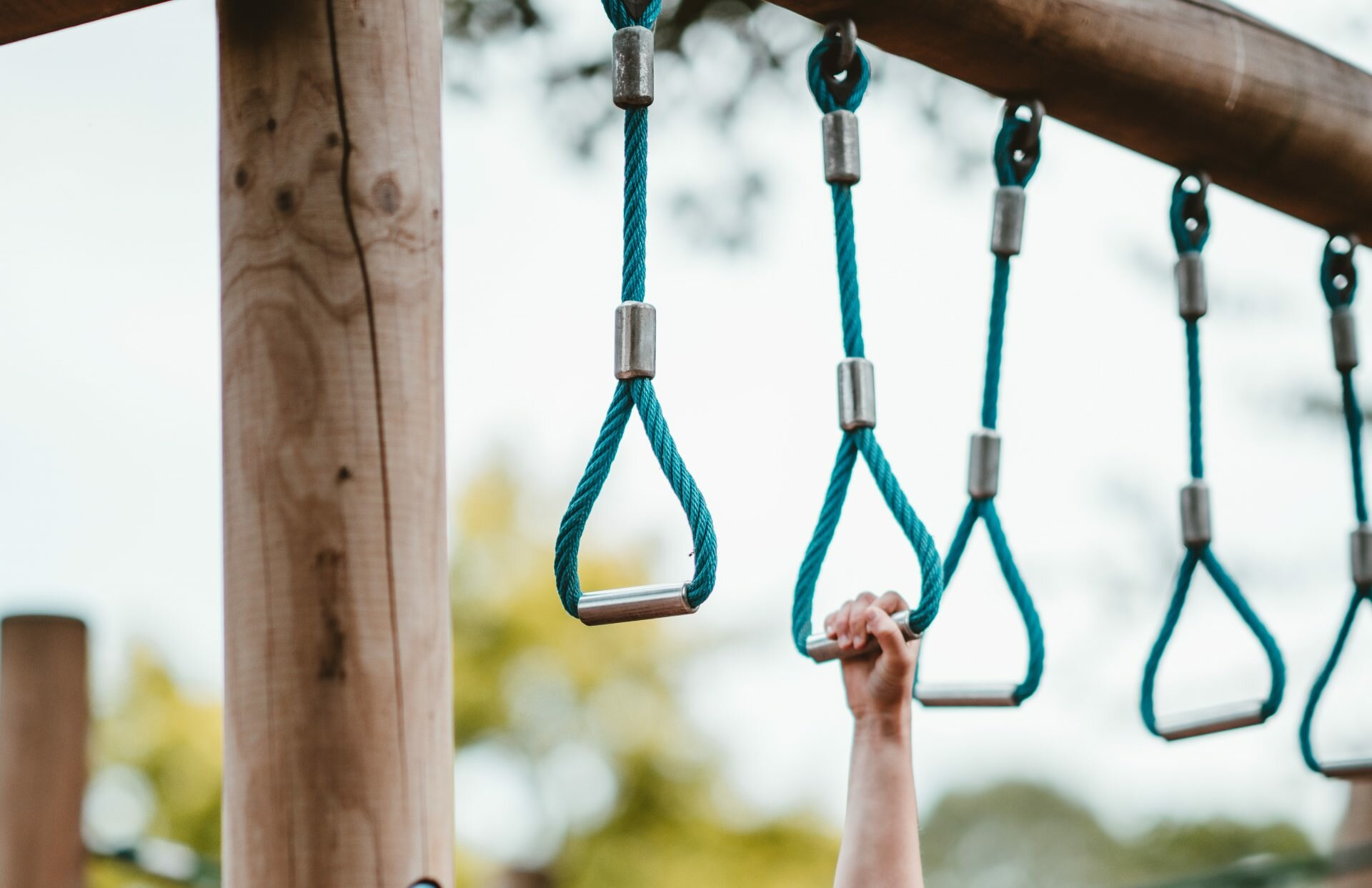There’s this trope in movies and shows where psychologists tell their clients to connect with their inner child. Often it’s presented as parody—almost playing off the concept of therapy as wishy-washy new-age BS.
I’m in favor of a healthy dose of skepticism, and I do think people often hide mountains of bullsh*t behind aphorisms designed to make them sound profound.
I used to think of the “inner child” concept as one of those aphorisms. But in my own introspective deep dives, I accidentally learned that there really is something to it … because it changed my life. I think it can do the same for anyone.
Here’s how I think it works.
1. You’re invalidated as a child
Seems like just about every child has emotionally intense experiences where they deal with something very real and painful, but their pain gets invalidated in some way.
I’m going to use my own experience as an example—but there are so many ways this could happen. You probably experienced it in your own way.
When I was a little kid, I knew I wasn’t really a girl. (I’m agender.) But I had no way to explain my feelings adequately to anyone. This meant I was constantly being treated in a way that was dissonant with who I was.
Once, at age 6, I tried to dress the way I felt comfortable before heading out to a kids’ activity night. I walked out of my room in a blue graphic t-shirt and jeans, excited to go, and my mom promptly told me, “you can’t go like that. You look like a boy.” Then she chose my outfit for me. No exaggeration: it was a flower-print dress with ruffles, puffed sleeves, and bows. It made me feel like a stupid clown in front of all the other kids, and I wished I’d been allowed to just stay home.
I learned that if I tried to express my real self, I would end up worse off than I would if I made sure I dressed girly enough in the first place. I took that lesson with me into my adult life.
2. That experience changes you
That moment of being invalidated or suppressed impacts you at a profound level, and changes how you interact with the world as a result. It’s not just a passing moment. You carry it with you as part of your operating system.
Once again, to use myself as an example: that moment with the dress (along with many other similar ones) led to me believing that I had to pretend, or someone would try to control me even more. I internalized the idea that the world didn’t want the real me in it, so the only way I could scrape by was if I disguised myself. The real me was offensive, and needed to be hidden. If I didn’t hide, bad things would happen.
3. The pain goes unresolved
Because the child version of you never got the acknowledgement or care they needed, the wound doesn’t heal—and as a result, it keeps impacting the choices you make. That kid really needed someone to understand and help them, and they never received that understanding.
Because there was no way to resolve it, the pain becomes part of the operating system. Out from that pain comes insecurities and obstacles to truly perceiving and loving others—not to mention loving yourself.
Back to me as an example: I believed that there was something wrong with me. I believed that I didn’t belong in the world. That meant that I was always looking for ways I could sneak in and “stow away” in existing social structures that I knew weren’t built for me. I believed that I didn’t deserve anything I got, because whatever it was, it was made for people who were fundamentally different from me. If I was going to survive, I needed to pretend to be one of those people the world was made for.
4. You have to meet that need later
The path to healing is to become the understanding person you needed as a child, but never got.
Now, as an adult, you can recognize the pain you experienced, and have compassion on the person you were—compassion that you never stopped needing. You know how to give it best, because you were there. That kid never stopped needing an advocate. And now you are the person who can understand the pain and treat it as real.
Take me once again: eventually, I became able to recognize that the pain I experienced as a child wasn’t from something wrong with me. It was from living in a world that unfairly devalued people like me (or in many cases, didn’t even perceive people like me as real). Choosing to acknowledge the pain I experienced as a kid and have compassion on myself is what led to me coming out. It’s what led to me writing every article on this site. It’s what’s led to me healing in a way I never knew I could. I had to be the one to acknowledge and validate myself before I could ever feel that I belonged anywhere.
What it took was really looking at what happened to my kid self. Only I could send myself the message I still needed to hear, years later.
The message was more or less something like this:
What happened to you wasn’t right, and someone should have stood up for you. I’m going to look out for you now, even though nobody else did then. I believe you matter, and I’m going to make space for you. I think you belong, and that’s enough.
You know your kid self better than anyone else. And I can say from experience—getting a message like that from someone who really knows you means a lot.
But you have to really mean it … and that’s the hard part.
